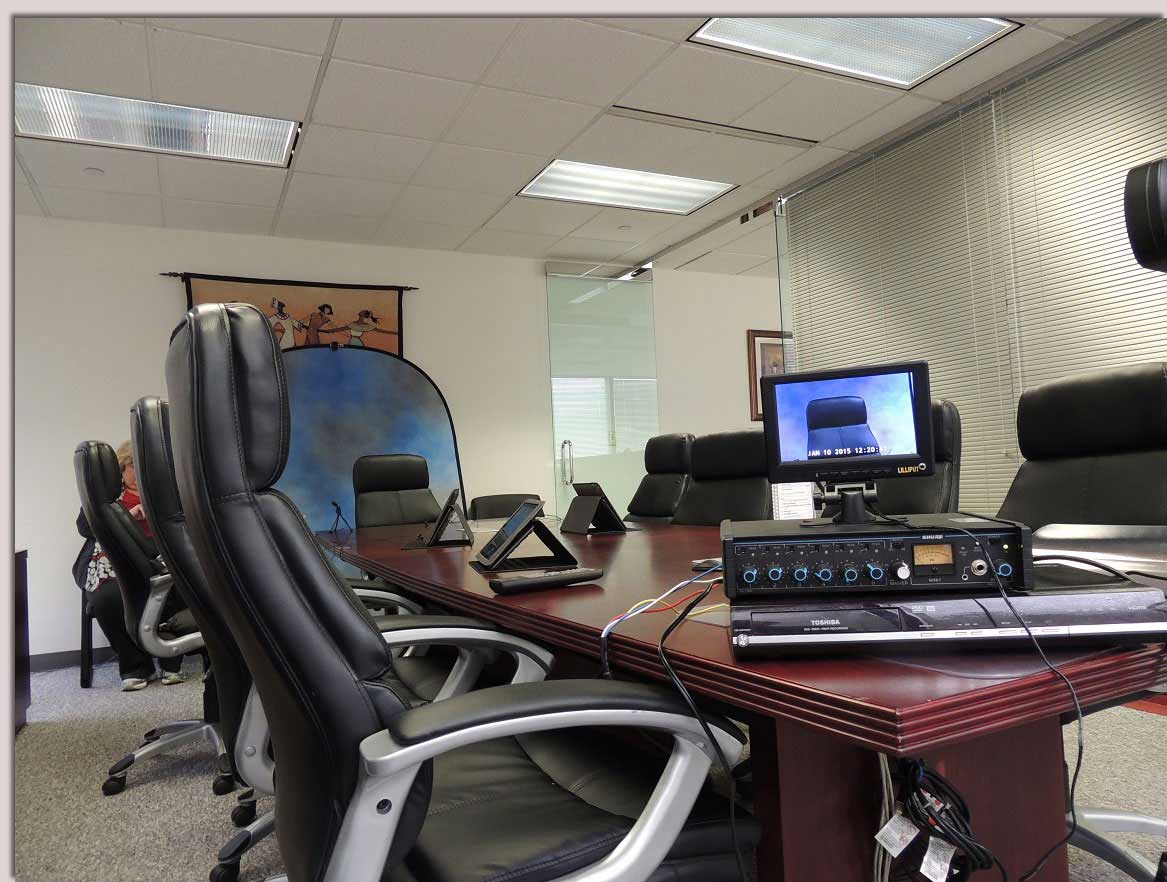The Function of Legal Videography in Depositions and Trials
Lawful videography has emerged as a vital tool in both depositions and trials, giving a multifaceted technique to recording witness testimonies. As legal specialists increasingly recognize its worth, it triggers a much deeper assessment of how these visual documents can influence juror perceptions and test results.

Value of Lawful Videography
Legal videography plays a critical duty in the documentation and discussion of depositions and trials. This specialized area integrates technological skills with legal understanding to develop a trustworthy document of proceedings that can substantially affect instance outcomes. The aesthetic facet of lawful videography improves the understanding of witness testament, allowing jurors and judges to observe not only the talked words however additionally the disposition, feelings, and body language of the witnesses.
Additionally, legal videography offers an unbiased account of occasions, minimizing the potential for false impression that can occur with composed records alone. This aesthetic paperwork functions as a crucial tool throughout test presentations, assisting in a more clear and even more persuasive narrative for both plaintiffs and accuseds. In addition, the capability to replay video clip sectors throughout court process enables legal teams to emphasize bottom lines, strengthening their debates properly.
The importance of legal videography expands beyond the courtroom; it likewise plays a vital role in preserving evidence for future recommendation, whether for appeals or further lawful action. Its combination into the lawful process is crucial for making sure a reasonable and accurate representation of the realities, ultimately adding to the pursuit of justice.

Refine of Legal Videography
While recording the nuances of depositions and trials, the process of legal videography involves several important actions that guarantee premium, precise recordings. At first, an expert lawful videographer prepares by evaluating the instance materials and comprehending the particular needs of the deposition or test. This prep work includes acquainting themselves with the individuals and the context, which assists in capturing significant details.
On the day of the recording, the videographer establishes up the needed tools, which commonly includes high-definition cameras, microphones, and proper lights. Making certain optimal angles and audio top quality is critical, as it straight affects the efficiency of the recording. The videographer communicates with attorneys and individuals to develop procedures, guaranteeing that everyone understands the recording procedure.
Throughout the deposition or test, the videographer carefully records the proceedings, paying close focus to both spoken and non-verbal signs. This includes capturing the attitude and reactions of witnesses and attorneys. After the session concludes, the videographer may modify the video for quality and conformity with legal standards, creating a final item that precisely mirrors the process for future referral and usage in lawful contexts.
Advantages in Depositions
The unification of videography in depositions offers numerous advantages that improve the overall process of gathering proof. One key benefit is the capacity to capture witness testimonies with visual and acoustic fidelity, providing an extra exact representation of the witness's temperament, tone, and body movement. This multidimensional method allows attorneys and juries to analyze reputation better than traditional written records alone.
Additionally, videographed depositions act Get the facts as an effective tool for maintaining statement. Should a witness come to be inaccessible for trial, their recorded deposition can be played in court, ensuring that their proof stays available and appropriate. This aspect significantly reduces the risk of losing important information that could published here influence instance results.

Last but not least, videography boosts the general professionalism and reliability of the deposition process, instilling self-confidence in clients concerning the thoroughness of their lawful depiction (legal videography). By leveraging innovation, lawyers can dramatically improve the effectiveness of depositions
Impact on Tests
In numerous trials, the assimilation of videography can considerably influence the discussion of evidence and the jury's assumption. Lawful videography captures witness testaments and essential proof in a vibrant layout, allowing jurors to involve with the material on multiple levels. This visual component improves the storytelling aspect of a test, giving context and emotional resonance that typical text-based evidence might do not have.
Furthermore, video recordings can act as effective tools for impeachment throughout interrogation. When inconsistencies arise in between a witness's prior declarations and their court testimony, video clip evidence gives an objective referral that can persuade jurors' point of views. This immediacy and clearness can bolster the reliability of an event's narrative while simultaneously threatening opposing disagreements.

Future Trends in Legal Videography
As we look toward the future of legal videography, a number of arising trends guarantee to reshape its function within the court room. One significant pattern is the combination of synthetic knowledge (AI) in video clip evaluation and modifying. AI can simplify the process of recognizing essential minutes in tape-recorded depositions, enabling lawyers to rapidly access relevant material, therefore improving effectiveness in situation prep work.
Additionally, the rise of virtual truth (VR) and enhanced fact (AR) innovations is anticipated to transform exactly how jurors experience proof. legal videography. By submersing jurors in a simulated atmosphere, these innovations can give a more profound understanding of complicated circumstances, leading to more informed deliberations
Furthermore, the boosting need for remote depositions, increased by the COVID-19 pandemic, will likely proceed. Legal videographers will certainly require to adjust to new software application and platforms to make sure top quality recordings in virtual settings.
Lastly, the expanding focus on information security will necessitate more stringent methods for storing and sharing video clip proof. As the legal landscape evolves, lawful videographers have to remain abreast of these trends to preserve their relevance and effectiveness in the judicial process.
Verdict
In recap, legal videography offers a critical feature in the judicial procedure, improving the integrity of depositions and tests. As innovation continues to advance, lawful videography is positioned to more transform its role within the lawful landscape.